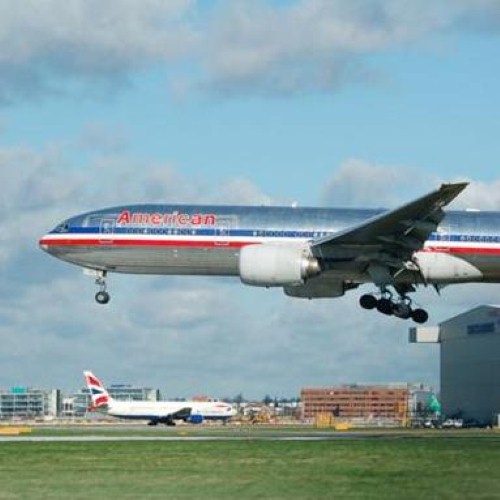Businesses and organizations need to ensure that customer safety is always a top priority. When that cannot be guaranteed, companies are bound to face scrutiny from the public eye. Business continuity planning is a necessary step to take before major issues happen, to guarantee that a quick recovery can take place.
Without proper risk assessment, companies could find themselves in unsavory situations and under scrutiny from the public eye. For example, American Airlines has found itself in the news once again. The nation’s third largest airline has already been dealing with union issues and bankruptcy problems. However, in the last week, three American flights had to be rerouted and landed early due to rows of seats coming loose mid-air.
Each incident happened on a Boeing 757 plane, causing the airline to conduct an overnight investigation on Tuesday of 36 planes of that type. The investigation showed that improperly installed clamps caused the seats to pop loose.
“Problems related to seats are less likely a labor problem, but rather a management issue related to outsourcing work to third-party facilities,” the union said in a statement. The union added that work done on seat installations has been done by an outside firm.
American said in its own statement that while the investigation is ongoing, there is no reason to believe that the incident was in anyway intentional.
Union official John Hewitt told the Associated Press that his workers were the last to touch the seats only in the sense that after they came loose, union members were dispatched to repair them. The union blamed third-party installers Timco and criticized management of American parent AMR Corp. for cutting costs by outsourcing maintenance work.
When companies take the extra precaution to perform a business risk assessment, they will have a better idea of how to prevent situations that could be harmful to the way the public perceives them or to their bottom line. Following a risk assessment, businesses will better understand the steps that should be taken to provide for more expedient business resumption in the event that operations are interrupted.

